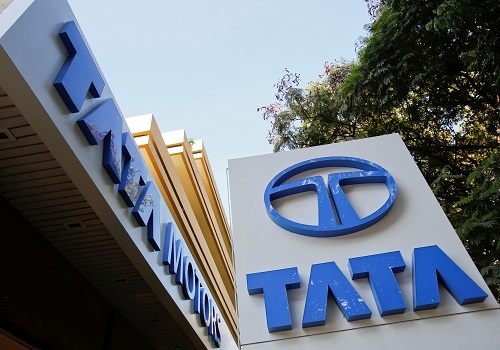Views on benefits tenants would get under the Model Tenancy Act By Rohit Poddar, Poddar Housing and Development Ltd

Follow us Now on Telegram ! Get daily 10 - 12 important updates on Business, Finance and Investment. Join our Telegram Channel
Below are view on Benefits tenants would get under the Model Tenancy Act By Mr. Rohit Poddar, managing Director, Poddar Housing and Development Ltd.
The Union Cabinet gave a green light to the Model Tenancy Act with a facility to set up district-wise rental courts, authorities, and tribunals across the country. The Union Cabinet chaired by PM Modi approved the Act for dissemination to all states and UTs for modifications by way of actioning fresh legislation or changing existing rental laws.The Union Housing and Urban Affairs Ministry issued the Model Tenancy Act in July 2019 and circulated it to the UTs and States for feedback. The entire notion behind this legislation was the promotion of rental housing by introducing rules that were just for both landlords and tenants.
Under the Model Tenancy Act, for residential premises, tenants will have to provide a security deposit of a maximum of two months’ rent, while in the instance of business property, six months rent will have to be deposited.The government said that it is anticipated to give a boost to private participation in rental housing as a business model for addressing the large housing shortage in the country.The Act commands for written agreement for all new tenancies, which will have to be provided to the concerned district 'Rent Authority'. The government said that the MTA will be implemented in the near future and will not affect existing tenancies. Rent and duration of tenancy will be fixed by mutual consent between owner and tenant through a written agreement. This will further create a transparent environment for tenants and landlords both with a plethora of advantages such as:
* No More pocket draining security deposits
For a renter, this security deposit used to be a huge worry, as some owners in metropolitans like Mumbai and Bengaluru used to urge them to pay amounts to the sum of as much as a year, as a security deposit. But, the practice of charging high-security deposits may now be restrained, as the Draft Model Tenancy Act, has systemized it, to help the tenants. From now on security deposit is predetermined at two months’ rentals for residential real estate. Additionally, when the rented property is vacated, the law regulates that owners or landlord of the property need to return the entire security money within a one-month period.
* Increased residential supply
As the Act in the tenancy ground would work on unlatching idle residential units and make them accessible to potential renters, improved residential supply in the rental market will guarantee that rent does not upsurge unconditionally as is the case currently in Mumbai where professionals and other migrants need to settle in far-off locations, the reason being rentals there are not pocket friendly.
* Increased Tenancy by NRIs(Non-Resident Indians)
As the MTA comprises several of the owner or landlord-friendly regulations in respect of transfer of rent agreement, property damages, and sub-letting (i.e. the tenant cannot sub-let part or whole of the property to someone else), the move will help in urging NRIs to lease out their homes in India. So, probably NRI-owned homes which until now remained vacant and unutilized will be available in the rental space for the tenants.
* Fuss-free maintenance
There is a sigh of relief for the tenants as all the maintenance and repair work is to be ministered by the landlord. This includes the whitewashing of walls, windows, and doors. For carrying out any repair or replacement at the rented property, the landowner needs to give prior notice of 24 hours.
* Regulated rental charge
The tenant can live stress-free as the landlord cannot hike the rent whenever he likes. Before enforcing the rental inflation, the landlord would have to give written notice at least 3 months prior to the revision of rent. Besides that, due to inadequate residential supply, the rent in cities such as Mumbai are skyrocketing, forcing the tenants to settle down in far-flung areas with the unavailability of good infrastructure.
Nonetheless, the Tenancy Law would unlatch the residential inventory lying vacant within the city realms and would help the future tenants find residentials in suitable locations.
To Read Complete Report Click Here
Above views are of the author and not of the website kindly read disclaimer










Tag News

We anticipate immense potential benefits from the upcoming Sovereign Gold Bond Tranche in FY...



More News

Automobile Quote on July 2024 wholesale volume performance by Arun Agarwal, Vice-President -...





 320-x-100_uti_gold.jpg" alt="Advertisement">
320-x-100_uti_gold.jpg" alt="Advertisement">




